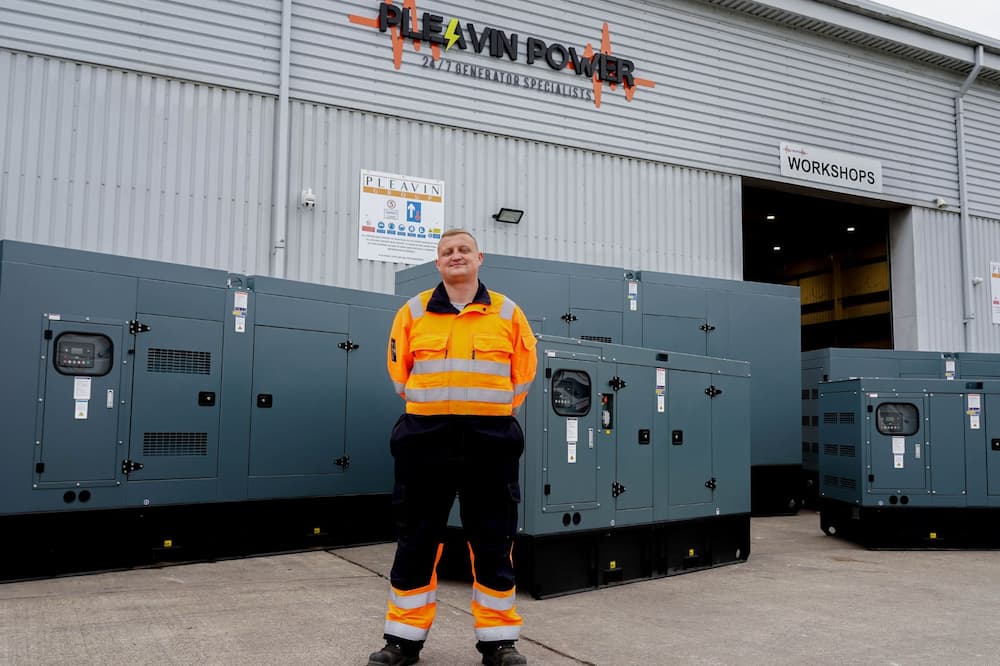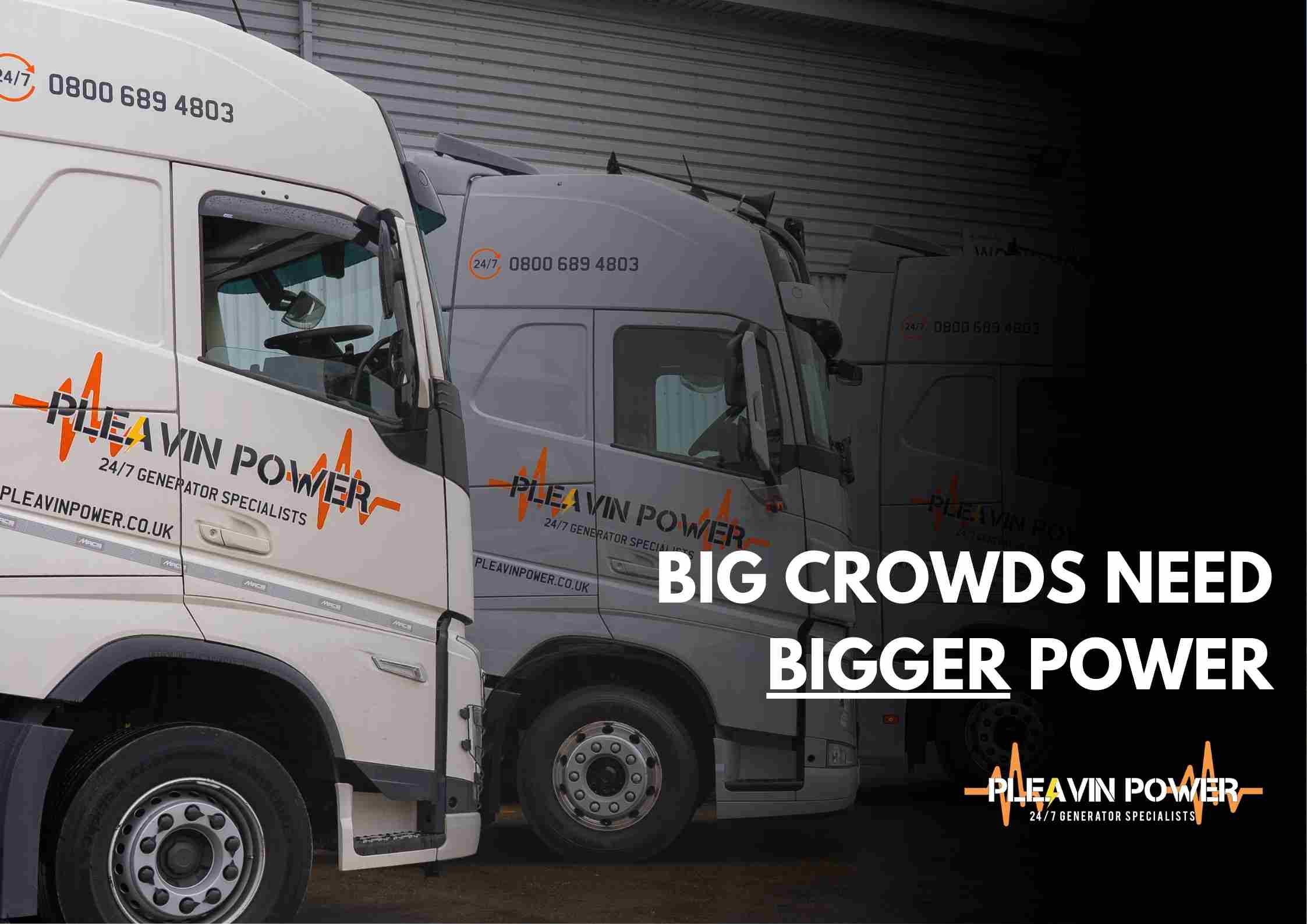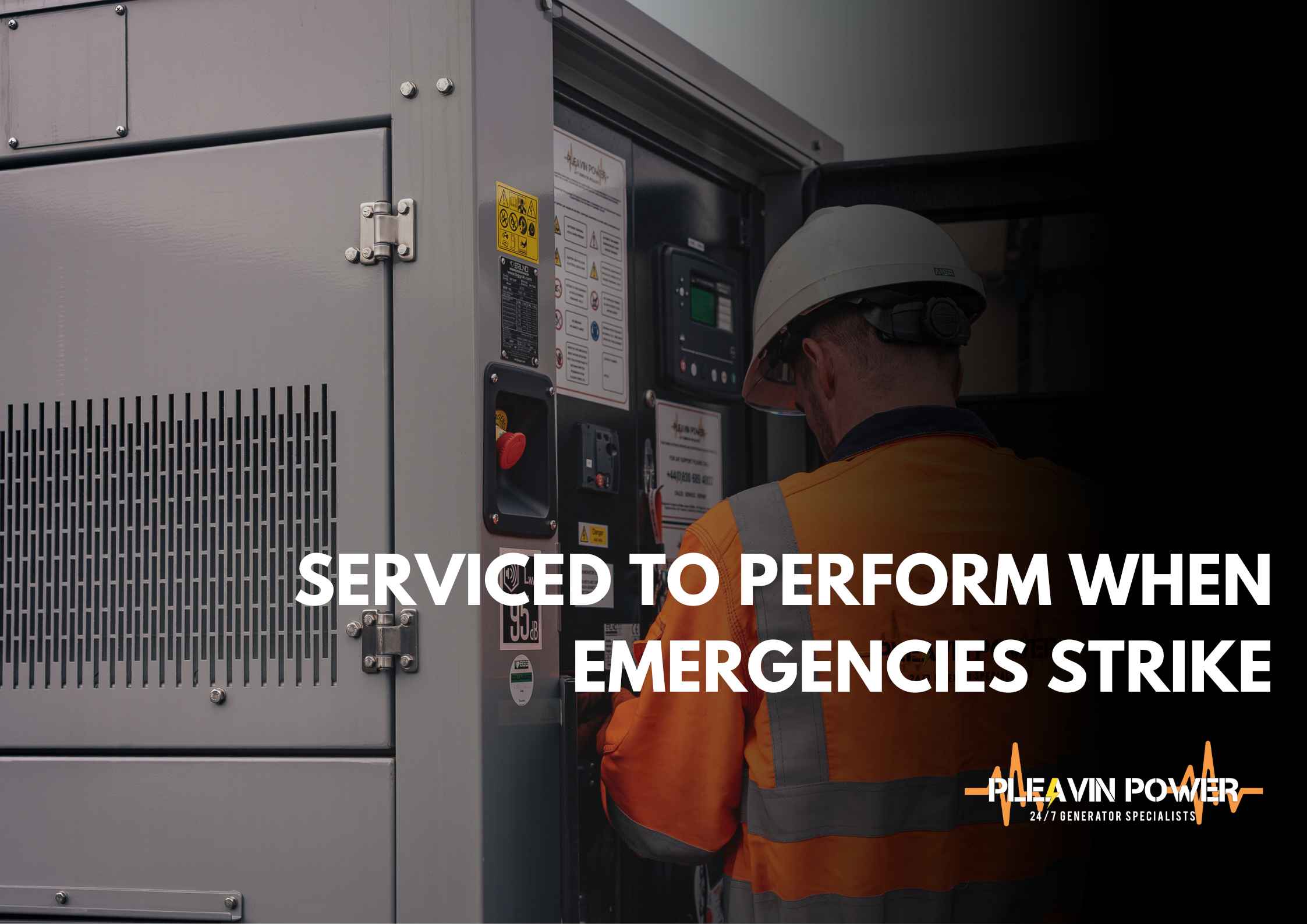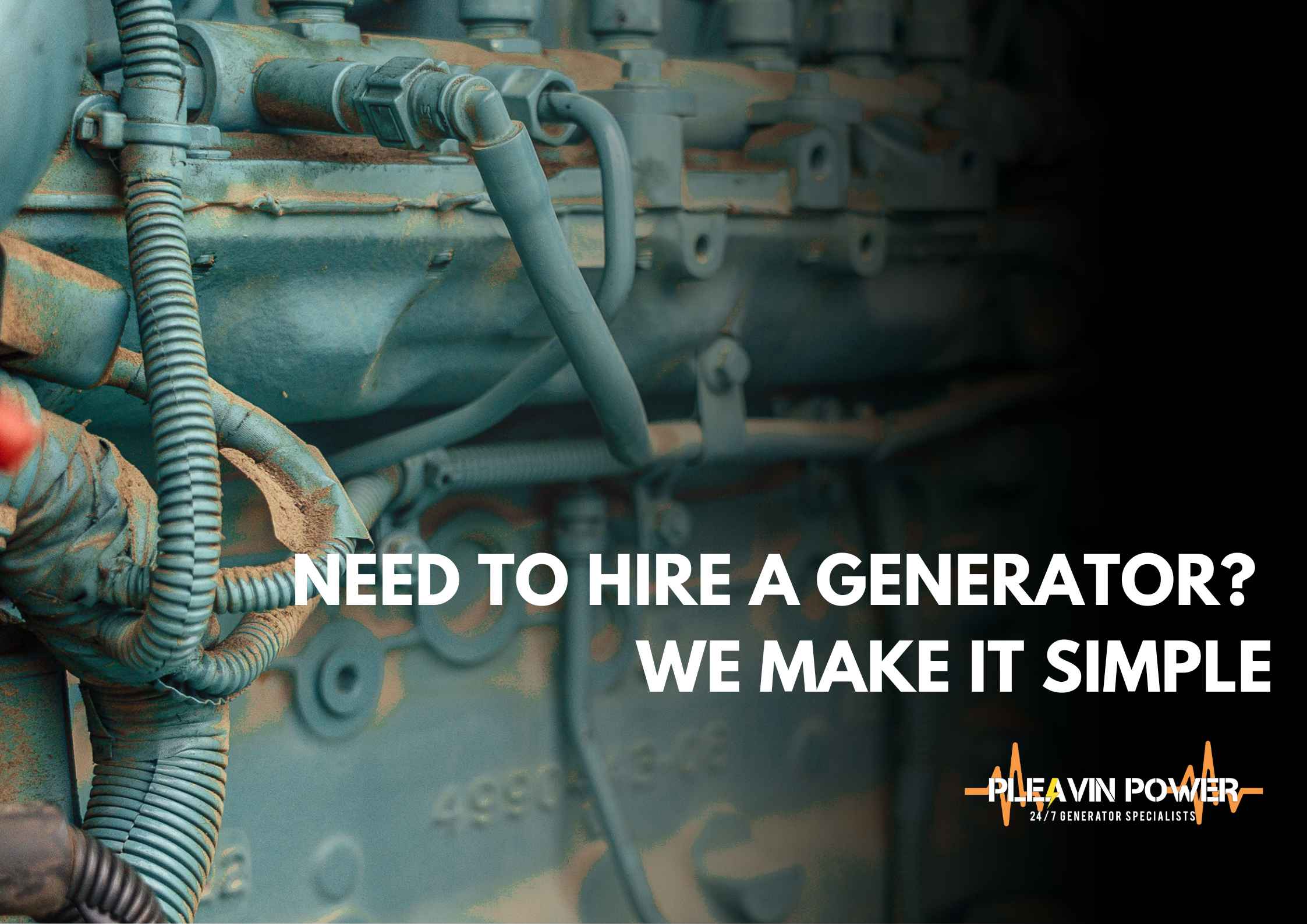Choosing the right generator fuel type can be tricky, especially when thinking about performance, efficiency and costs. Diesel and petrol generators both have pros and cons so it’s important to know how they stack up.
Fuel use, maintenance, and environmental impact all play a role in deciding which one is best for your needs. Whether you need backup power, a site generator or an off-grid solution understanding these differences will help you make a smart choice.
If you’ve ever found yourself wondering about the differences, or are trying to decide which way to go for a project coming up then you’re in the right place. We’ll break down the strengths and weaknesses of each side, plus give insights on where each type works best.
Key Differences To Consider
When comparing diesel and petrol generators, several factors set them apart. These differences affect everything from performance and efficiency to maintenance costs and environmental impact. Understanding these factors is key to making the right choice for your needs.
Performance and Longevity
One of the biggest factors when choosing a generator is how well it performs and how long it lasts. Diesel generators are built for heavy use and tend to last longer between repairs. They run at lower speeds, which reduces wear and tear making them a solid choice for businesses and industrial sites that need reliable power.
Petrol generators don’t last as long. They run at higher speeds, putting more strain on the engine, which can lead to quicker wear. While they cost less upfront they may need replacing sooner. If you need a generator for frequent, long-term use diesel is usually the better option.
Maintenance and Running Costs
Maintenance is another key difference. Diesel generators have simpler engines comparatively, meaning fewer parts to service. They do need regular oil and filter changes but overall they are easier and cheaper to service and maintain. Diesel models are also more fuel-efficient as they use less fuel for the same power output on average.
Petrol generators, while cheaper to buy, can cost more to maintain. Their engines have more moving parts and need servicing more often. They also burn fuel faster than diesel models, making them less efficient in the long run. If keeping fuel costs and maintenance low is a priority, diesel is usually the better pick.
Environmental Impact
Both diesel and petrol generators produce emissions, but the impact differs. Diesel engines are more fuel-efficient, meaning they burn less fuel for the same power output. This can help lower overall carbon emissions. However, diesel exhaust contains more nitrogen oxides and particulates which can be harmful to air quality. Working with fuel polishing services, and maintaining the integrity of the generator with a good defence system, can help lower this, but it is still a factor to consider.
Petrol generators, while producing fewer particulates, tend to release more carbon dioxide because they burn fuel less efficiently. Petrol is also more volatile, meaning spills and fuel evaporation are more likely. If reducing emissions is important then modern diesel models with cleaner-burning technology may be the better option.
Best Use Cases for Each Fuel Type
Choosing between diesel and petrol comes down to how and where the generator will be used. Diesel generators are best for long-term, high-load applications such as industrial sites, commercial backup power and off-grid locations where reliability is key. Their durability and fuel efficiency make them ideal for constant use.
Petrol generators are better for occasional use. They are a good choice for outdoor events where cost and portability matter more than long-term durability. If you only need power now and then a petrol generator is likely the more practical and budget-friendly option.
In short, there’s no single best choice between diesel and petrol generators – it all depends on what you need. Still, there’s a reason we choose to work with diesel generators: they are more efficient, last longer, and cost less to run over time making them great for heavy-duty use. Petrol generators, however, are cheaper upfront and easier to move around, making them better for short-term or occasional use.
Weighing up these options and your project needs will be the key factor in choosing between these fuel types, so make sure you know exactly what you’re needing to make the best decision for your situation.
